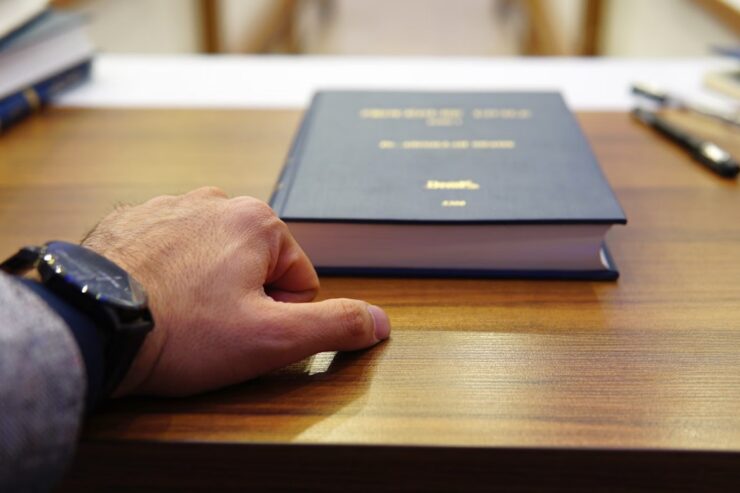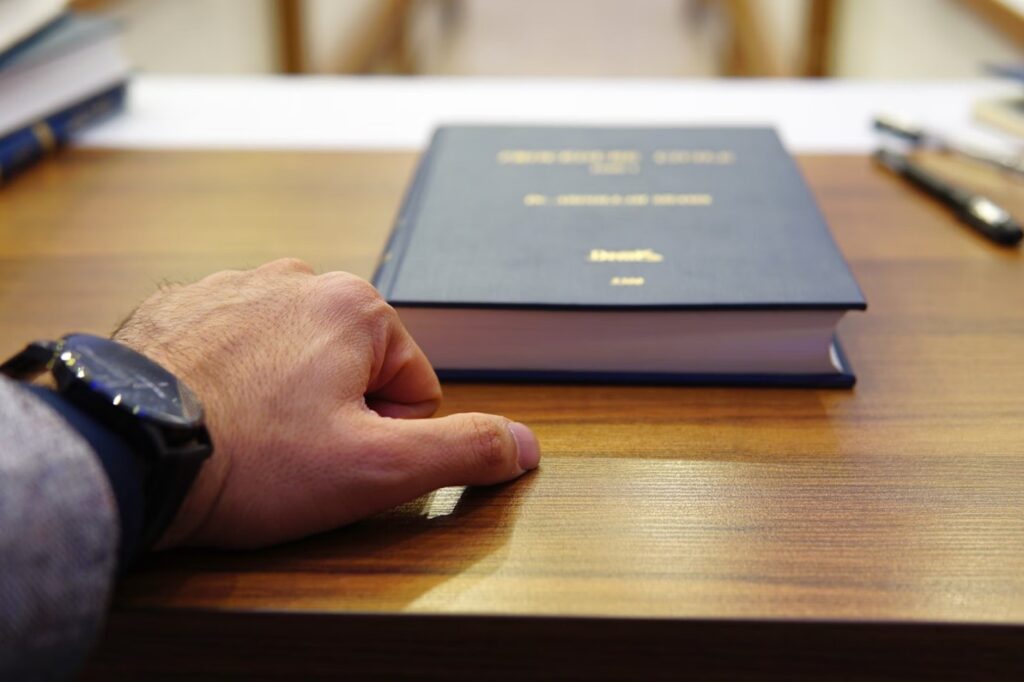Suffering an injury due to someone else’s negligence is not just physically and emotionally distressing, but it often leads to a whirlwind of legal jargon and daunting processes. If you’ve found yourself in this position, understanding your rights and legal options can not only provide you with much-needed empowerment but also pave the path to justifiable compensation and recovery. This comprehensive guide aims to demystify the labyrinth of personal injury law for victims, survivors, and anyone seeking to arm themselves with knowledge in the face of adversity.
Understanding Personal Injury
A personal injury, in the realm of the law, refers to an injury to the body, mind, or emotions, caused by the negligence, carelessness, or intentional misconduct of another person, corporation, or entity. It encapsulates a wide range of situations, from car accidents to medical malpractice, defective products to slips, trips, and falls.
The defining aspect of a personal injury case is the concept of ‘liability.’ In simple terms, it involves showing that another party’s actions or lack of action directly caused the injury. In the aftermath of an accident, understanding whether you have a personal injury case can define the trajectory of your claim.
A Legal Shield Against Injustice
Although laws vary by jurisdiction, there are fundamental rights adhered to in personal injury cases across the board. As a victim, you have the right to take legal action to hold the responsible parties accountable and seek compensation for damages. These rights include the right to file a lawsuit, the right to present your case in court, and the right to receive a fair settlement for your injuries.
It’s crucial to remember that you are not a mere statistic or a casualty. You are a person with rights, worthy of being legally defended and financially compensated for the harm that has befallen you.
Legal Options for Personal Injury Victims
Victims of personal injury have at their disposal several legal pathways to seek restitution. Primarily, one can pursue an out-of-court settlement where the involved parties agree upon compensation without the need for a trial. This process requires negotiation skills and a clear understanding of the worth of one’s claim. A lawyer can provide valuable guidance in this regard. Namely, whether you are looking for St Louis injury lawyers, or you need a personal injury attorney in New York, seeking legal representation can significantly increase your chances of obtaining a fair settlement.Should a settlement not be reached, initiating a lawsuit is the next step. Filing a suit opens the opportunity for the victim to present evidence and legal arguments in a court of law, advocating for their rightful compensation under judicial scrutiny. In both scenarios, it is beneficial to seek the counsel of an experienced personal injury attorney, who can provide the requisite legal expertise and serve as an unwavering advocate throughout these proceedings.
Common Types of Personal Injury Cases
Personal injury law encompasses a variety of case types, each presenting unique circumstances and legal nuances. Motor Vehicle Accidents, for instance, frequently serve as the basis for personal injury claims, with victims seeking restitution for injuries sustained due to another driver’s negligence. Workplace Injuries, another common category, involve incidents that occur in the course of employment, often leading to workers’ compensation claims or lawsuits against responsible parties outside of the workers’ compensation system.
Premises Liability Cases arise when an individual is injured on someone else’s property, where the property owner may be held liable for failing to maintain a safe environment.
Product Liability Claims relate to injuries caused by defective or dangerous products, with manufacturers, designers, or distributors potentially being held responsible. Lastly, cases of Medical Malpractice represent scenarios where healthcare professionals deviate from the standard of care, resulting in harm to a patient. Each case type demands careful analysis and gathering of evidence to establish liability and secure the rightful compensation for victims.
Tips for Documenting and Preserving Evidence
One of the most pivotal aspects of a personal injury claim is the evidence. The stronger your evidence, the more robust your claim. Here are some tips to help you in the vital task of evidence preservation:
Take Proper Notes and Photographs
At the scene of the incident, take detailed notes and photographs if possible. This includes writing down the names and contact information of witnesses, snapping pictures of the accident site from different angles, and capturing any conditions that could have contributed to the incident.
Keep Medical Records Organized
Medical records can serve as compelling evidence. Ensure you obtain copies of all medical reports and bills related to the injury.
Preserve Physical Evidence
If there is physical evidence related to the incident (such as a defective product), preserve it in the state it is in after the accident occurred.
Follow Through with Treatments
Consistently following your doctor’s treatment plan not only helps in recovery but also provides a clear documentation of the extent of your injuries.
The adage ‘a picture is worth a thousand words’ could not be more pertinent than in personal injury cases. The evidence at your disposal can often be the difference between a successful or unsuccessful claim.
Engaging with Insurance Companies
Dealing with insurance companies after an injury is a task that requires caution and an understanding of the negotiation process. It is common for insurers to attempt to minimize the payments to claimants, often presenting offers quickly, before the full extent of the injuries are known. As a claimant, you should refrain from accepting initial offers or signing any statements without first consulting with a personal injury attorney. Communication with insurers should establish the facts while safeguarding your rights. Documentation of all correspondence with insurance companies is crucial, as it forms a part of the evidentiary record that may later be critical in supporting your claim. You want to keep in mind that insurance companies are businesses, and their primary focus is on minimizing losses. Seeking legal guidance can help level the playing field in this regard.
Navigating the complexities of personal injury law can be challenging and overwhelming, especially when dealing with injuries and trauma. However, it is essential to remember that you are not alone in this process. Seeking professional legal assistance, documenting evidence, and staying informed of your rights are crucial steps towards obtaining the compensation and justice you deserve. Remember to take care of yourself during this time, both physically and emotionally, as it is a journey that can be taxing. With diligence and perseverance, you can navigate this process with confidence, knowing that you have equipped yourself with knowledge and empowerment in the face of adversity. Stay strong, and keep fighting for your rights. Your voice matters. Your well-being matters. So, never hesitate to seek help and assert your rights when faced with an unjust personal injury situation.





